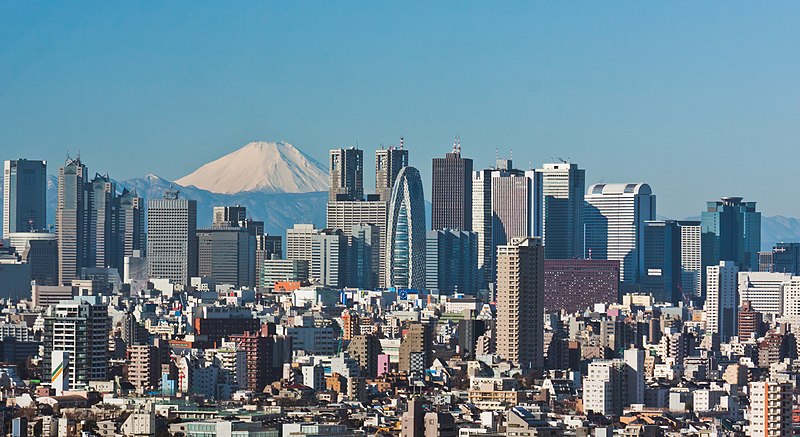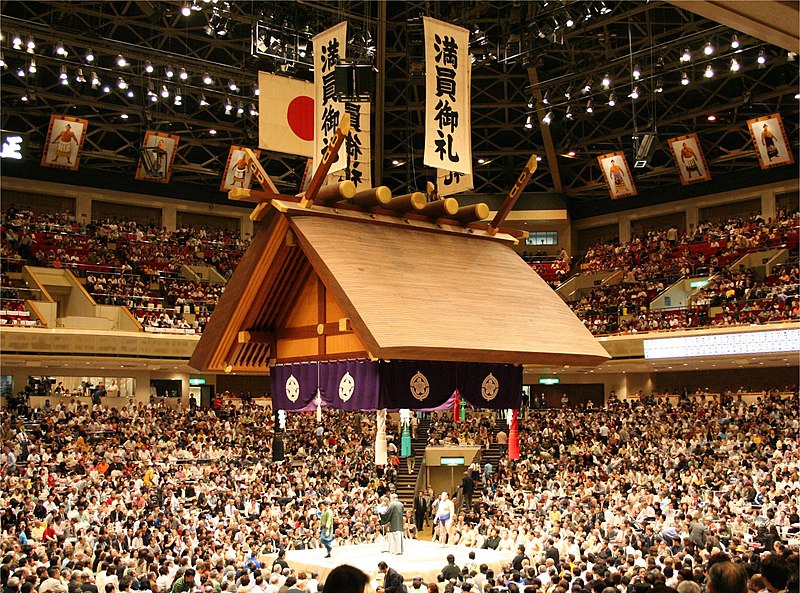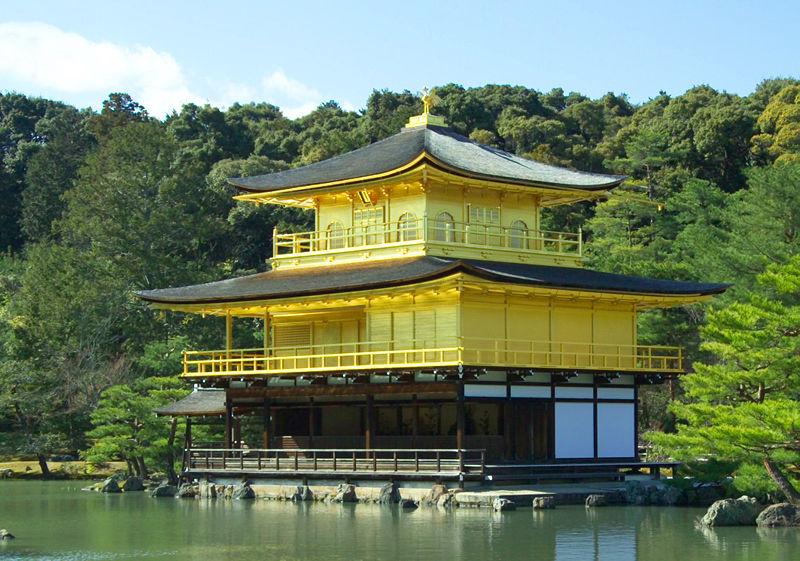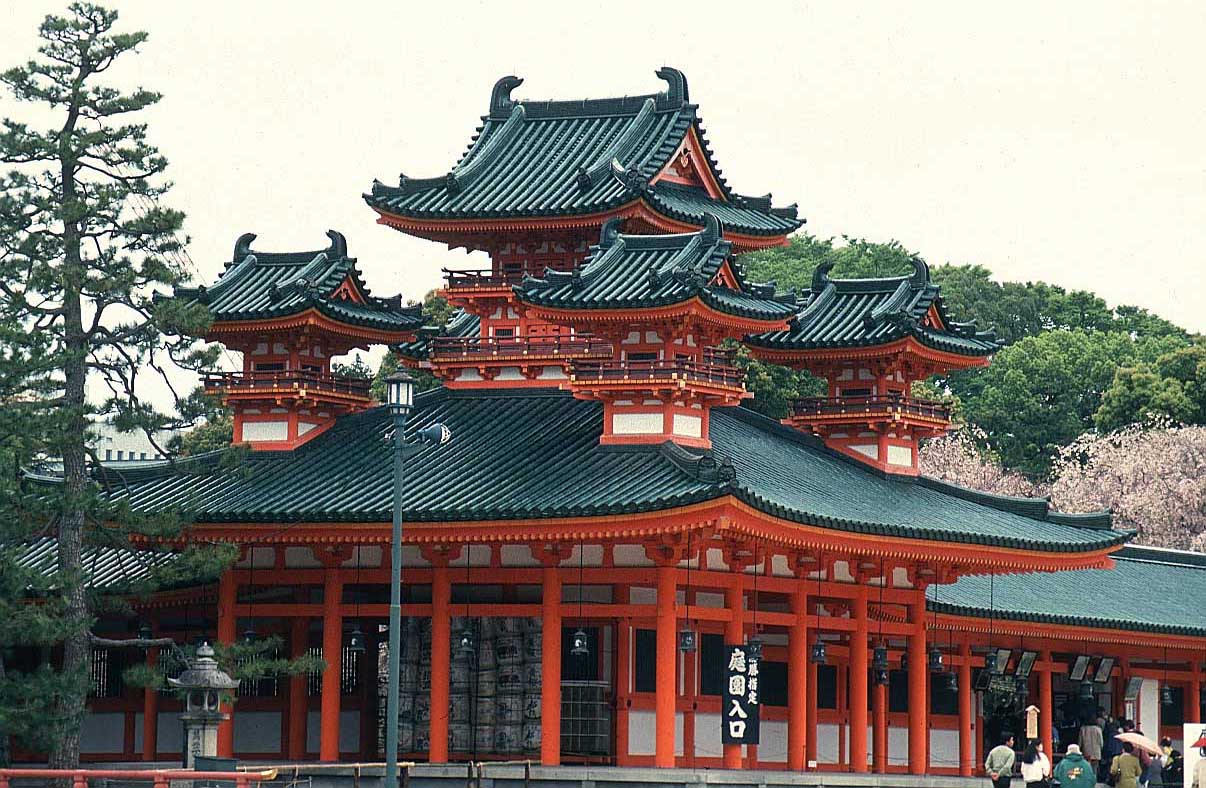Adopting from Japan
Contents
Japan Adoption Alert
Notice: Japan Adoptions: Status of Adopting Orphans from Japan During Crisis (March 23, 2011)
The process for intercountry adoption from Japan has not changed as a result of the recent Earthquake. American citizens wishing to adopt from Japan can learn more about this process on the Japan country information page of the State Department website www.adoption.state.gov. The Department of State understands and appreciates the desire of American Citizens to offer their help during this crisis in Japan. If you are interested in more information on what private citizens can do to offer assistance in the disaster relief effort, please see the U.S. Agency for International Development website at http://www.usaid.gov/.
Hague Convention Information
Japan is not party to the Hague Convention on Protection of Children and Co-operation in Respect of Intercountry Adoption (Hague Adoption Convention). Therefore, when the Hague Adoption Convention entered into force for the United States on April 1, 2008, intercountry adoption processing for Japan did not change for American citizens.
Please note: Japan does not have a comprehensive national law on intercountry adoption.
Japan has two distinct procedures for intercountry adoption:
- American citizens can complete a full and final adoption in Japan under Japanese law. However, since Japanese law requires the adopting parents and the child to spend at least six months together before the adoption can be finalized, this option is generally only feasible for American citizens who are already resident in Japan.
- (2) American citizens may obtain legal custody of the child in Japan for the purposes of the child's emigration and a full and final adoption in the United States.
Both alternatives require that the child meet the definition of "orphan" in the Immigration and Nationality Act (INA) Section 101(b)(1)(F) in order to qualify for issuance of an immediate immigrant visa to enter the United States in either category IR-3 (option 1) or IR-4 (option 2).
"Special" and "Regular" Adoptions
For adoptions that are finalized in Japan, there are two types of adoptions under Japanese law - regular and special.
"Regular" adoptions are not considered an option for American citizens wishing to adopt in Japan as they are based on Japanese cultural and family traditions and do not legally sever the ties between the child and his or her birth family. To date there have been no known cases of Americans applying for immigrant visas for children adopted under the Japanese "regular" adoption process. To be a valid adoption for U.S. immigration purposes there must be an irrevocable termination of the biological parent(s) - child relationship.
"Special" adoptions in the Japanese context are an option for Americans who are resident in Japan. The law on special adoptions went into effect on January 1, 1988, having been created to protect children. Special adoptions more closely resemble Western-style adoptions. As in U.S. adoptions, a special adoption legally severs the child's ties, rights and privileges with regard to the birth parent(s) and any prior adoptive parents.
Who Can Adopt
To bring an adopted child to United States from Japan, you must be found eligible to adopt by the U.S. Government. The U.S. Government agency responsible for making this determination is the Department of Homeland Security, U.S. Citizenship and Immigration Services (USCIS). Learn more.
In addition to these U.S. requirements for prospective adoptive parents, Japan also has the following requirements for prospective adoptive parents:
Residency
There are no laws concerning the visa status of prospective adoptive parents. However, parents almost always must reside in Japan during the entire court process, which takes a minimum of six months and possibly as long as 18 months. When the adoption is finalized at least one parent must be present at court. Proxy adoptions are not permitted.
Age of Adopting Parents
In special adoptions, prospective adoptive parents must be over 25 years of age. However, if one parent is over 25, the other parent can be younger than 25 so long as he or she is at least 20 years old. In regular adoptions, prospective adoptive parents must be at least 20 years of age.
Marriage
In special adoptions, prospective adoptive parents must be a married couple. In regular adoptions, there may be circumstances in which single people can adopt.
Income
While there are no specific income requirements required by Japanese law, the prospective adoptive parents likely will have to provide documentation on their income and finances.
Other
There are no laws regulating or addressing same-sex couples adopting in Japan, but there have been no known cases of this happening. However, it may be permitted if the prospective adoptive parents' state recognizes the marriage as legal.
Who Can Be Adopted
Japan has specific requirements that a child must meet in order to be eligible for adoption. You cannot adopt a child in Japan unless he or she meets the requirements outlined below.
In addition to these requirements, a child must meet the definition of an orphan under U.S. law for you to bring him or her back to the United States. Learn more about these U.S. requirements.
ELIGIBILITY REQUIREMENTS:
Requirements for a child to be adopted under Japanese law:
Abandonment Requirements: For a child to be adopted under the special adoption law, the child must be under the age of 6 at the time the petition to adopt is filed. However, the adoption can still proceed if the child is under the age of 8 and the prospective adoptive parents have had custody of the child and continually cared for the child since before the child was 6 years of age.
Abandonment/Relinquishment Requirements: Japanese law does not specify that the child must be an "orphan" (i.e., as defined in U.S. immigration law) in order for the adoption to proceed. According to Article 817-7, a special adoption can be granted when:
- It is extremely difficult for the biological parents to take care of the child;
- It is considered inappropriate for the biological parents to raise the child; and/or
- It is in the interests of the child.
Please note: The family court uses these guidelines to determine whether or not to grant the adoption, taking the specific circumstances of each case into account. Please note that it is possible for the Japanese court to issue a final adoption order, but for the child to still be ineligible for an IR-3 immigrant visa because he or she does not meet the U.S. definition of "orphan" in the U.S. Immigration and Nationality Act (INA 101(b)(1)(F)).
How to Adopt
Adoption Authority
The Process
Traveling Abroad
After Adoption
SOURCE
Intercountry Adoption, Bureau of Consular Affairs. U.S. Department of State Country Information











